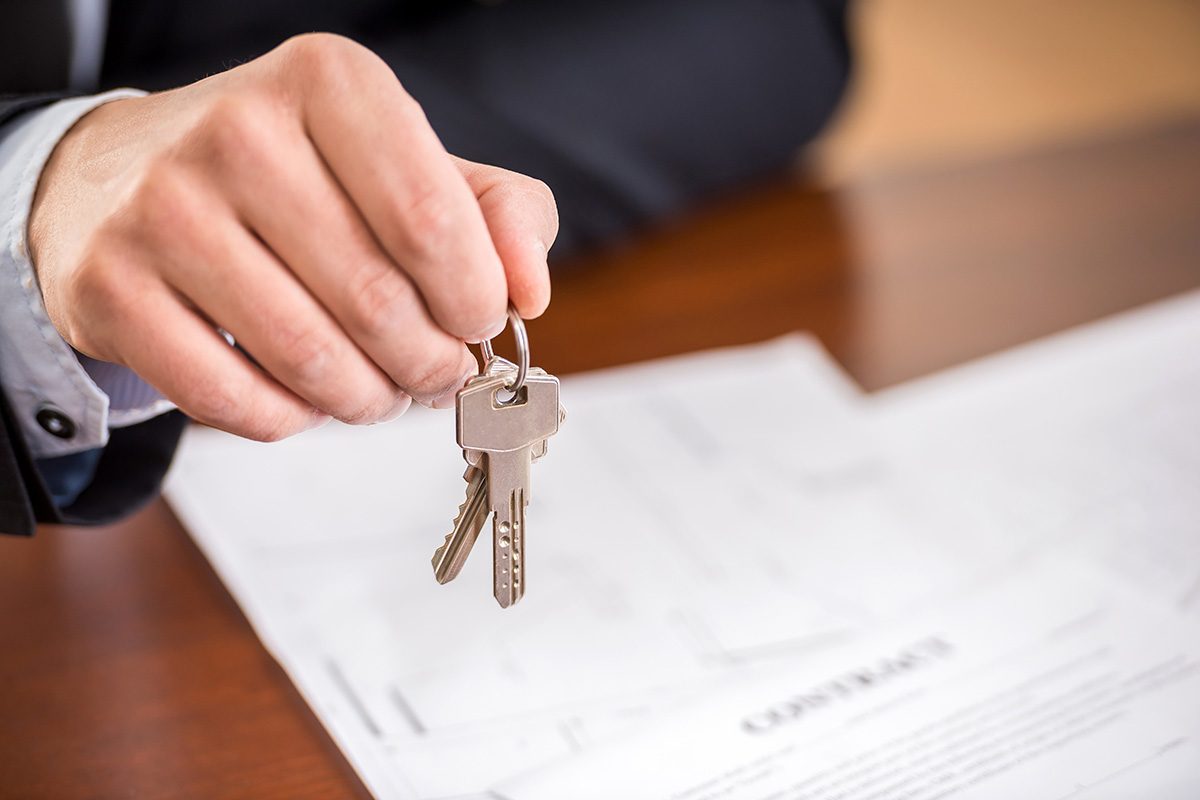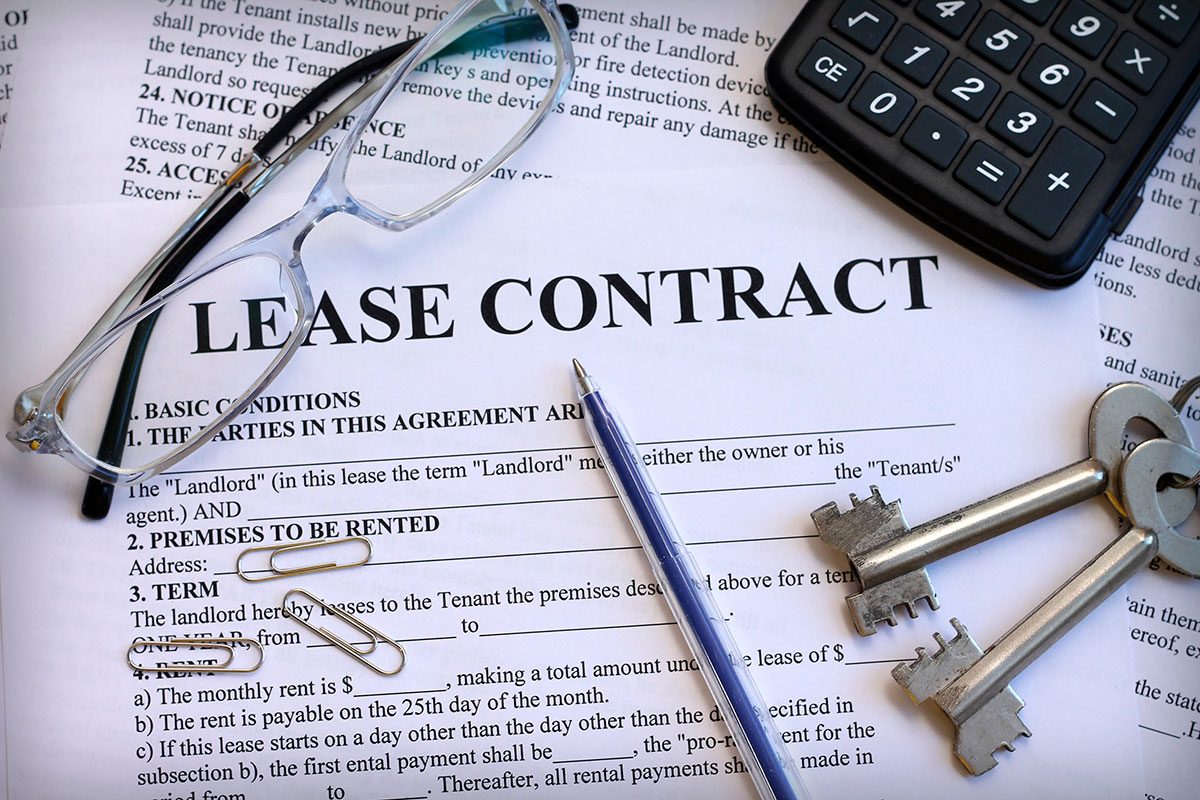Beezwax Business Solutions founder Pasquale DeMaria knows all too well how it can feel to be stitched up as a first-time pharmacy owner. Here, he delves into his own experience and gets valuable insight from retail leasing expert and Lease 1 founder, Phil Chapman.
Every new pharmacy owner has a moment of ‘Oh my god, how did this happen?!’. My moment came the first few hours of walking through my new shop door. I was greeted warmly by the outgoing owner, given a brief tour and introduced to a few regular customers. Then came a phone call from the lawyers who were trying to settle the purchase of the business. “Hi Pasquale,” the voice on the line said. “The landlord is refusing to hand over the lease until their legal fees are paid. The bank won’t settle until we have a lease.”
I tried to explain that I was already in the pharmacy and had started working. “They’re not interested,” the voice continued. “You need to go and pay them before we can settle.” I made my way to the landlord’s lawyer and made the deposit. I walked out minutes later and $10,000 lighter. Day one and there was already a hole in my budget.
How could this happen? I was sure I’d gone through every contingency. I’d read the contract of sale but I’d only glossed over the lease, assuming it was pretty straight forward. How wrong I was. Retailer leasing authority Phil Chapman from Lease1 acts as a one stop shop between retailers and landlords and says retailers are getting screwed, day in and day out. “In a previous job, I managed 32 shopping centres,” Phil says. “When it came to lease deals with retailers, it was like shooting fish in a barrel. They were so under resourced with a lack of data and negotiation skills to leverage better deals.”
Phil saw the opportunity and in 1997 founded his company, now called Lease 1, helping to level the playing field. The company is now the preferred service provider for The Pharmacy Guild of Australia, the Australian Retailer Association and the Restaurant and Caterers Association, offering solutions and working as the middleman between landlords and retailers. “I’ve been involved in the review and amendments of all the states’ and territories’ retail lease legislation and I’ve been on all the review committees since 1997,” Phil says. “I’ve gone from a trolley boy to what someone called me, one of the most influential people in retail shopping that no one has ever heard of. I like it that way.”
Act early for lease renewal
Chapman is adamant that your lease is like a living document – a fluid thing that should never be treated as a set and forget. If you want to leverage the best deal for your lease, you need to act early. “Retail is a tough gig at the best of times. They’re long hours and the hours are getting longer all the time,” he says. “Every five years or so, most pharmacists dust off the lease and think about renewing it. The problem is, it’s the most important contract they have. Without the premises, they cannot derive their sales. They’re only really leasing time, not space. It’s understanding that the only leverage they have, because we’re never going to take the lord out of landlord, is the leasing of time.”
Get in earlier than you think…
Chapman recommends setting up an automated reminder that goes off 18-months before your lease needs to be renewed. “At 18-months, we send out a checklist to start doing the research. Look at your market pitch, your branding, your marketing and do the numbers and cross ratios which are vitally important,” he says. “Check out the industry benchmarks which are available from the Guild. Looking at alternate premises and what is going on around them. What other rents are being paid in the market?”
Chat to the landlord
12-months out from your lease expiry, get all of your data together and approach the landlord. “Here, you need to say, ‘We need to start this process early as 1. We’ve got a future plan and 2. We’ve got a lot at stake here with our business – we’ve got finance and banking partners to report to and if we’re not going to do a deal, we have very stringent rules on relocating so our planning process starts a lot earlier – hence we want to start our lease negotiations’,” Phil says. “This means the landlord can’t wind the clock down on you. If you’re doing it six or three months out, the deal never goes the way you want it to. You become a hostage to your own timelines and too many lease deals are accepted on terms that are not quite acceptable, but have been taken because of the security risk of not having a lease. Time is the biggest leverage you’ve got.”
Leasing pitfalls most pharmacists fall for
When selling…
- Add value to your lease: Chapman says it’s critical to leverage opportunities prior to selling. “Try to secure an extra option or extend the lease by a few more years which all add value to the business,” he says. “The banks are really critical now of the risk and expiry profile on the lease; anything coming up to two years is high-risk phase. Adding value and taking that risk off the table is going to ensure the purchaser will have a better chance to get finance, get better interest rates and enjoy a smoother transition.”
- Don’t tell the landlord: According to Chapman, the landlord should be the last person to know that you’re selling the business – so your profits of the sale don’t go into their pockets. “This is a mindset thing. It’s critical you extend your lease term without letting your landlord know you’re selling, which we can help advise you on how to do,” he says. “We see it every day; the purchaser says, ‘I’m happy to buy your pharmacy but the bank isn’t going to lend me any money unless I get a couple more years on the lease.’ Then the vendor says, ‘Well, you go talk to the landlord and see what you can get.’ A lot of these pharmacies don’t end up selling or they sell at a lower price because they haven’t had the foundations set up.” Chapman says taking the landlord out of the equation is a way to make the transition smoother. “If the landlord knows you’re selling one or two years out, they’re sure to go, ‘Hang on, you’re selling your business inside my property and I don’t get any extra; I’m going to put the rent up’. They’re in the business of getting a return on land. The smarter way to do it is to go to the landlord prior to selling and say you want to do a refurbishment or that the bank is down your throat and wants another option on your lease or you’re refinancing – anything that is going to help add value to your business. You’ll find that the landlord is going to be more open to supporting you without asking for anything in return. Once that’s all done – you’ve got the extra option or you’ve extended the lease by a couple more years or you’ve secured more stability – then you’re free to go onto the market.
- Leave enough time for the Assignment of Lease: This is where your rights as aleasee are transferred to the business purchaser, which needs to be approved by the landlord. “Often, pharmacists don’t allow for the Assignment of Lease process in the contract,” Phil says. “The landlord has a regulated time frame of around one month to approve the assignment, which needs to be taken into account for the purchasing timeline. Under the legislation in each state and territory, a landlord can only knock back an assignment for a couple of reasons; one is finance, the other is experience. Pharmacy is unique as it’s the only retail business where you have to have a degree to have a shop, so you won’t get knocked back on experience. Secondly, if a bank is going to back you to get finance, then your finances are set. In my 21-years in this business, I don’t think I’ve seen a pharmacy knocked back.”
When buying…
- Do a deep dive on branding: “Before you purchase a pharmacy business, make sure that the business’s brand fits the demographic and its market fit dovetails with the consumer,” Chapman says. “Quite often, the pharmacy is pitched to a middle upper customer when really the demographic has changed around the leased building. You’ve got to look deeply into the customer profile and the avatar and make sure it fits. The last thing you want is to have a business that has perhaps flat lined or may be entering a cycle of decline because it’s not matching the market around it – that’s why some people sell, because they’ve seen it on the horizon.
- Don’t fall for the Assignment of Lease fees, like I did: That story I told you at the beginning of this article is unfortunately a common occurrence for many a new pharmacy owner. “These are the landlord’s reasonable fees for preparing the Assignment to Lease documents; they can also charge a fee for the searches and checks they need to perform in approving the purchaser to assign the lease,” Chapman says. “The vendor (outgoing lessee) is responsible for making the application to the landlord for the assignment and paying the fees up front. There are many ways these fees are dealt with between the parties i.e. the vendor pays or the vendor and purchaser share the cost. This should be clearly set out in the sale agreement. The trap to watch here is ensuring the landlord’s fees are reasonable. We’ve seen them charge upwards of $6000, but once we got on the phone and challenged these, they came back to $1,800. Best to sort out what the charges are early in the process if possible, without tipping the landlord off.”
- Find your leverage, then use it: “The incoming pharmacist has a varying degree of leverage over the lease and the landlord; it’s how you approach the process. If the vendor has done the job right and the lease has plenty of term on it, is fairly secure and is meeting its benchmarks, then it’s up to you to create a positive relationship with the landlord from the outset,” Chapman says. “Sit down with them, be very open with your positive plans, how you intend on driving business and what changes you intend to make. Then it’s a great opportunity to say, ‘We’re going to value add the property here at some stage with our plans and we’d like to offer the opportunity to support us.’ That might be a major refit or it may be redoing the signage or the exterior of the property and you’d like to involve the landlord with some capital. It might not be a lot; it may be $15,000 to do the signs. However, it’s involving them with the process and taking them on the journey with you and it’s going to create that relationship for the whole of the lease and maintain that relationship so when things do get tough or there is a problem, it can be resolved very quickly.”
Lease1 offer free 15-minute consultations to Pharmacy Guild members. Check out www.lease1.com.au or call 1300 766 369. If you found this helpful, check out part two of our ‘Get lease savvy’ articles on the Beehive.
What are your thoughts? Jump into the Beehive Forum for this article HERE

